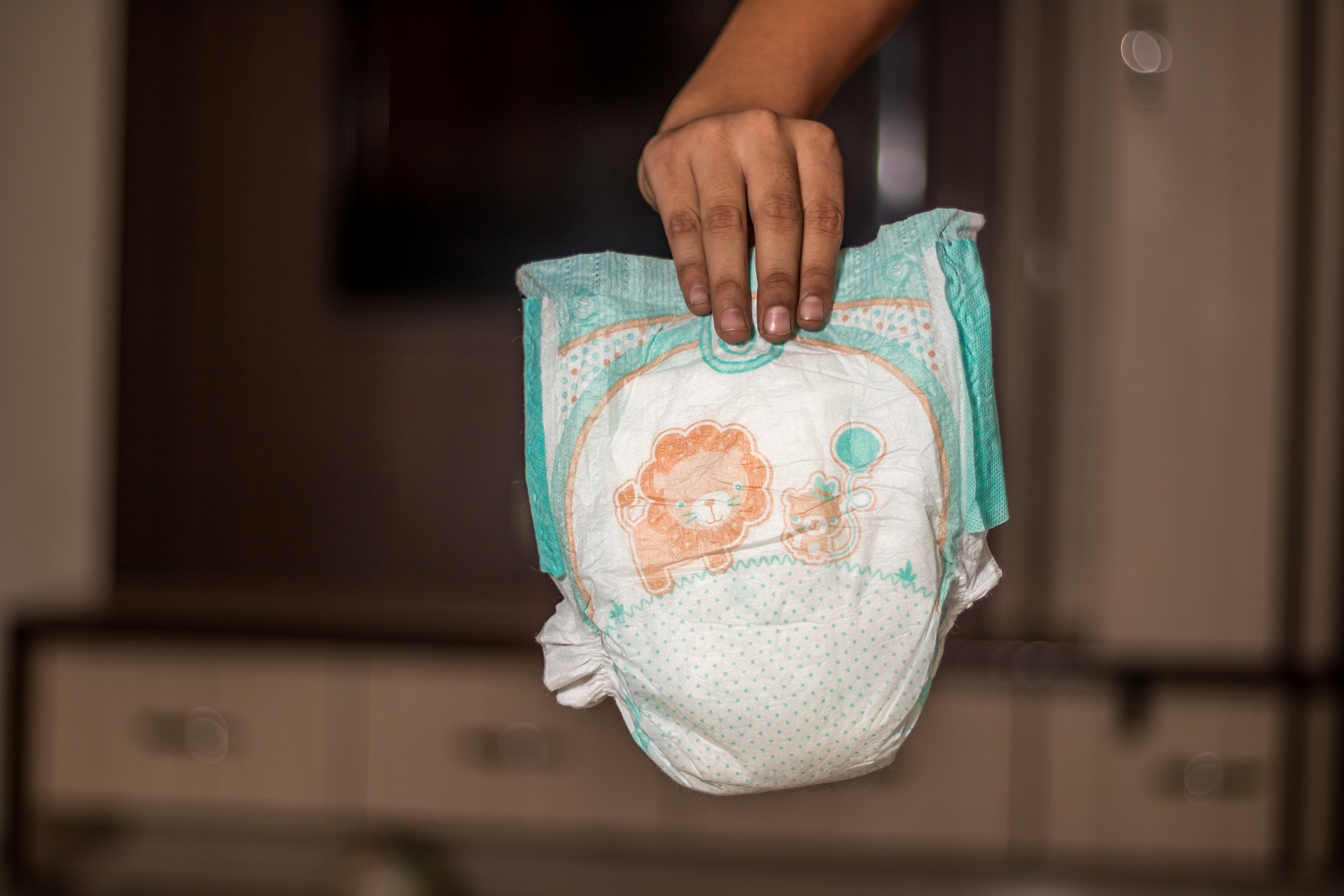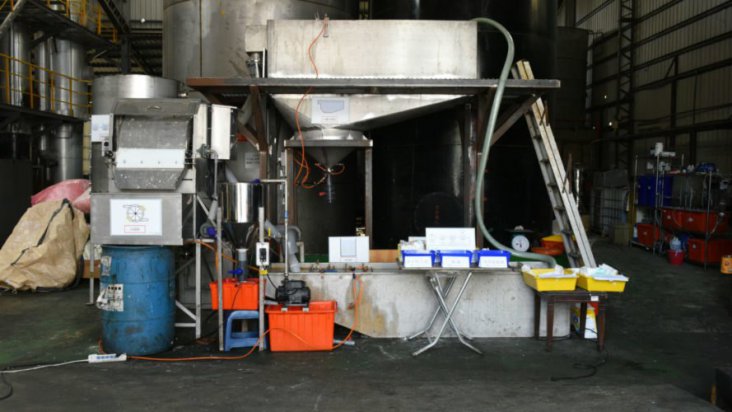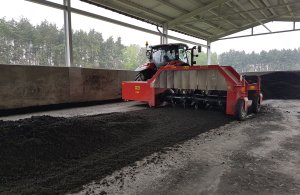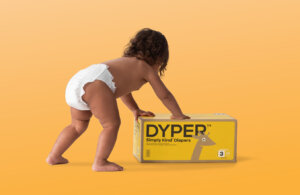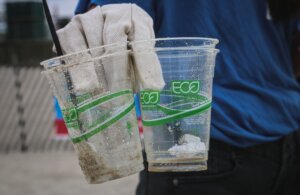This groundbreaking new machine can recycle 220 pounds of diapers in a single hour. (Credit: via Chung Hua University, Hermes Rivera and Flickr)
In the U.S., it is estimated that 20 billion disposable diapers end up in landfills each year, and pathogens from solid waste contained in those diapers find their way into the environment according to an article on Inhabitat.com. It can take hundreds of years for diapers to degrade in a landfill, and they release methane and other toxic gases into the air. If soiled diapers don’t end up in landfills, some companies choose to incinerate them, leading to an estimated 3428 kg of CO2 emissions per day, based on 10 tons of diapers per day.
There is a need to reduce the amount of waste caused by disposable diapers, and companies and researchers are using technology to find innovative ways to recycle and reuse soiled diapers.
Recycling diapers and other absorbent hygiene products might sound like a no-brainer, but the process has its complications — including cost-effectiveness and complex engineering. As technology advances, science can overcome these obstacles and make recycling disposable diapers a viable solution for reducing the amount of waste in landfills and harmful chemicals in the environment.
Sz-Chwun John Hwang and his team have developed a diaper recycler that can make it easy for institutions — like long-term care facilities, day cares or hospitals — to give old diapers new life. The plan is simple: a specialized on-site washing machine sanitizes used diapers so they can be processed into reusable raw materials.
The staff loads the machine with diapers and washes them with a disinfectant to destroy any pathogens. After the diapers are cleaned, the different materials (plastic, fluff fibers and absorbent material) are separated using stratification. This method uses less water than an average toilet, and the used water can be recycled on-site or easily disposed in the facilities’ existing drainage systems. The estimated carbon emission from this process is 35.1 kg of CO2 per day, based on 10 tons of diapers per day.
Used Diaper
